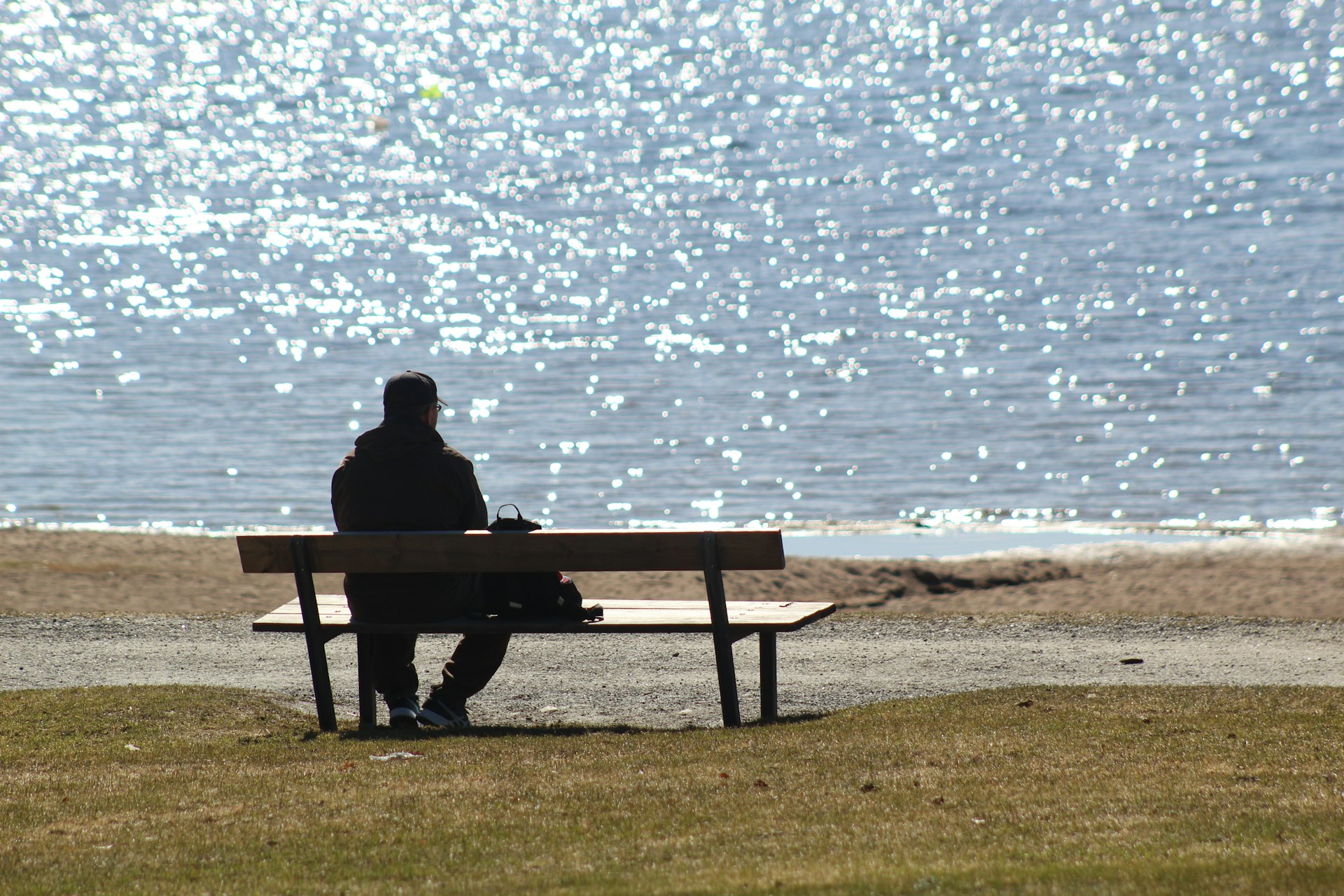Rejection is an experience we’d all like to avoid. It’s tough to put yourself out there only to get shot down, and it can make you gunshy toward future situations. However, there are right ways and wrong ways to take the loss. Here are the 10 worst ways to handle rejection and 10 of the best ways to move forward.
1. Getting Angry
Rejection is a rite of passage for many people. In the heat of the moment, your knee-jerk response may be to get angry but try and resist the urge. Oftentimes rejection isn’t personal and getting angry about it can easily make it that way.
 Photo by Tycho Atsma on Unsplash
Photo by Tycho Atsma on Unsplash
2. Becoming Violent
No matter where you are, a simple rejection doesn’t warrant violence. Never throw things or break items. Not only are you a danger to others, but you’re also susceptible to potential police charges or monetary liability.
 Photo by CHUTTERSNAP on Unsplash
Photo by CHUTTERSNAP on Unsplash
3. Stalking Someone
We’ve all peeped an ex’s social media or Google searched a person’s name. But if you get rejected, don’t stalk the person who rejected you. This can include any number of unwanted behaviors such as persistent attempts at communication or developing an unhealthy obsession with them.
 Photo by Zo Razafindramamba on Unsplash
Photo by Zo Razafindramamba on Unsplash
4. Hyperfixation
Rejection, especially in an online dating setting, is often not personal. Try not to hyperfixate on what you did “wrong” because the truth is, it was probably nothing. People get swiped for all kinds of reasons and the best you can do for your psyche is understand how competitive dating can be and move on.
 Photo by Lukas Rychvalsky on Unsplash
Photo by Lukas Rychvalsky on Unsplash
5. Cutting Them Out
Say a crush of yours wasn’t reciprocated. It makes sense to lick your wounds but don’t cut that person out entirely, especially if you’re friends. It’s usually not worth it to lose a whole relationship over an awkward blip.
 Photo by Stefan Spassov on Unsplash
Photo by Stefan Spassov on Unsplash
6. Trash Talk
Avoid making snide remarks to the person who rejected you. More often than not, accepting what happened is the simplest way to recover, and getting defensive or cruel makes it worse.
 Photo by engin akyurt on Unsplash
Photo by engin akyurt on Unsplash
7. Persuasion
After a rejection, don’t try and persuade the person to change their mind. They’ve already made up their mind. See it for what it is and let the issue go.
 Photo by Annie Spratt on Unsplash
Photo by Annie Spratt on Unsplash
8. Guilt-Tripping
It’s a harsh truth, but strangers don’t exactly owe you anything. Whether it’s friendship or a date, people are allowed to politely decline and go about their day. Guilt-tripping them to try and earn another shot is off-putting to say the least.
 Photo by Joshua Rawson-Harris on Unsplash
Photo by Joshua Rawson-Harris on Unsplash
9. Begging
Rejection is hard for anyone. But if you plead with someone to give you a chance, they’re likely not going to change their mind. Not to mention, they shouldn’t have their hand forced out of guilt or pity—and you shouldn’t settle for a person whose heart was never in it anyway.
 Photo by Mitchel Lensink on Unsplash
Photo by Mitchel Lensink on Unsplash
10. Take to Social Media
If you need an ear, turn to a friend in private. It’s best not to air your dirty laundry on social media in the heat of the moment. When the dust settles, it might be something you regret.
Now let’s take a look at some of the healthiest ways to handle rejection.
1. Acceptance
It’s better for you in the long run to accept what happened and try to move on. Getting trapped in denial or anger only prolongs the healing process. Remember that whether it’s romantic, not getting picked for a team, or being slighted by someone, rejection happens.
 Photo by Tadeusz Lakota on Unsplash
Photo by Tadeusz Lakota on Unsplash
2. Process Your Feelings
In the throes of rejection it’s easy to feel a multitude of negative emotions. It’s normal to be hurt or sad or angry—the most important thing is to express yourself in a healthy way. Try journaling, going for a walk, listening to some music, or even having a good cry.
 Photo by Drew Coffman on Unsplash
Photo by Drew Coffman on Unsplash
3. Give Yourself Time
Just as crucial as acceptance is the knowledge that rejection hurts. Knowing that it’s a painful experience opens the door to being patient with yourself. You need to give yourself time to grieve.
 Photo by Jordan Bauer on Unsplash
Photo by Jordan Bauer on Unsplash
4. Speak With Someone
Though it can be embarrassing to relive, speak with a support network when you’re ready. Talk to a friend or family member and lean on those closest to you. There’s no shame in turning to others for guidance.
 Photo by Sam Balye on Unsplash
Photo by Sam Balye on Unsplash
5. Don’t Let it Define You
It’s easier said than done, but a kindness to show yourself is accepting that these experiences don’t define you. Rejections happen all the time, particularly in job hunts or online dating, and that’s just a part of the culture. Someone else’s opinion doesn’t define you.
 Photo by Céline Druguet on Unsplash
Photo by Céline Druguet on Unsplash
6. Take Care of Yourself
Just about anyone feels down after a rejection. Make sure you take care of yourself as you heal! Indulge in some pampering and remember the importance of everyday care, like eating right and showering.
 Photo by bruce mars on Unsplash
Photo by bruce mars on Unsplash
7. Don’t Give Up
One too many rejections puts us on a fast track to false beliefs about ourselves. Remember: you’re not your rejections. Don’t fall victim to the current negativity as rejection often has little to do with you personally. Keep putting yourself out there.
 Photo by Alisa Anton on Unsplash
Photo by Alisa Anton on Unsplash
8. Recognize Warning Signs
If your mental health really took a toll from this situation, or the idea of rejection in general, it’s worth keeping a close eye on. Speaking with a professional could help you work through more complicated emotions.
 Photo by Anne Nygård on Unsplash
Photo by Anne Nygård on Unsplash
9. Learn From It
It probably doesn’t seem like a learning opportunity in the moment, but it very well could be. What you learn doesn’t have to mean change on your end either! A lesson can be acknowledging the healthy ways you handled this rejection.
 Photo by Hernan Sanchez on Unsplash
Photo by Hernan Sanchez on Unsplash
10. Look to Reframing
A good step towards healthy recovery is to reframe the rejection. Take self-inflicted blame off yourself and spin the narrative. For example, instead of telling yourself you got rejected because Person A didn’t like you, remind yourself that you and Person A are incompatible because you have different interests—and that’s okay!









